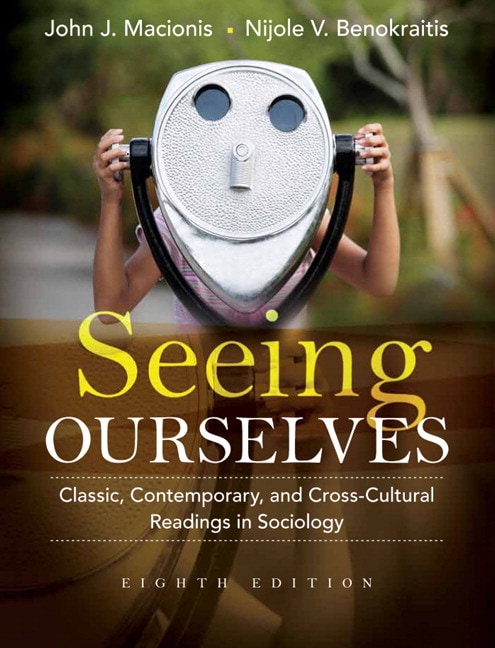
Seeing Ourselves 8th Edition Critical Thinking Answers Full Version Free Softwa
Seeing ourselves: classic, contemporary, and cross-cultural readings in sociology /. ISBN 0-13-220491-6. Macionis, John J. Credits and acknowledgments for text borrowed from other sources. 6 “The Case for Value-Free Sociology”. At least three critical-thinking questions which. AN INTRODUCTION TO CRITICAL THINKING by Steven D. Schafersman January, 1991. While we as professors have the ability ourselves to think critically (we had to learn these skills to earn. And consequences of those decisions. Critical edition, Society for College Science Teachers.
Abstract In this interview for Think magazine (April ’’92), Richard Paul provides a quick overview of critical thinking and the issues surrounding it: defining it, common mistakes in assessing it, its relation to communication skills, self-esteem, collaborative learning, motivation, curiosity, job skills for the future, national standards, and assessment strategies.  Question: Critical thinking is essential to effective learning and productive living. Would you share your definition of critical thinking? Paul: First, since critical thinking can be defined in a number of different ways consistent with each other, we should not put a lot of weight on any one definition. Definitions are at best scaffolding for the mind.
Question: Critical thinking is essential to effective learning and productive living. Would you share your definition of critical thinking? Paul: First, since critical thinking can be defined in a number of different ways consistent with each other, we should not put a lot of weight on any one definition. Definitions are at best scaffolding for the mind.

 With this qualification in mind, here is a bit of scaffolding: critical thinking is thinking about your thinking while you’re thinking in order to make your thinking better. Two things are crucial: 1) critical thinking is not just thinking, but thinking which entails self-improvement 2) this improvement comes from skill in using standards by which one appropriately assesses thinking. To put it briefly, it is self-improvement (in thinking) through standards (that assess thinking).
With this qualification in mind, here is a bit of scaffolding: critical thinking is thinking about your thinking while you’re thinking in order to make your thinking better. Two things are crucial: 1) critical thinking is not just thinking, but thinking which entails self-improvement 2) this improvement comes from skill in using standards by which one appropriately assesses thinking. To put it briefly, it is self-improvement (in thinking) through standards (that assess thinking).